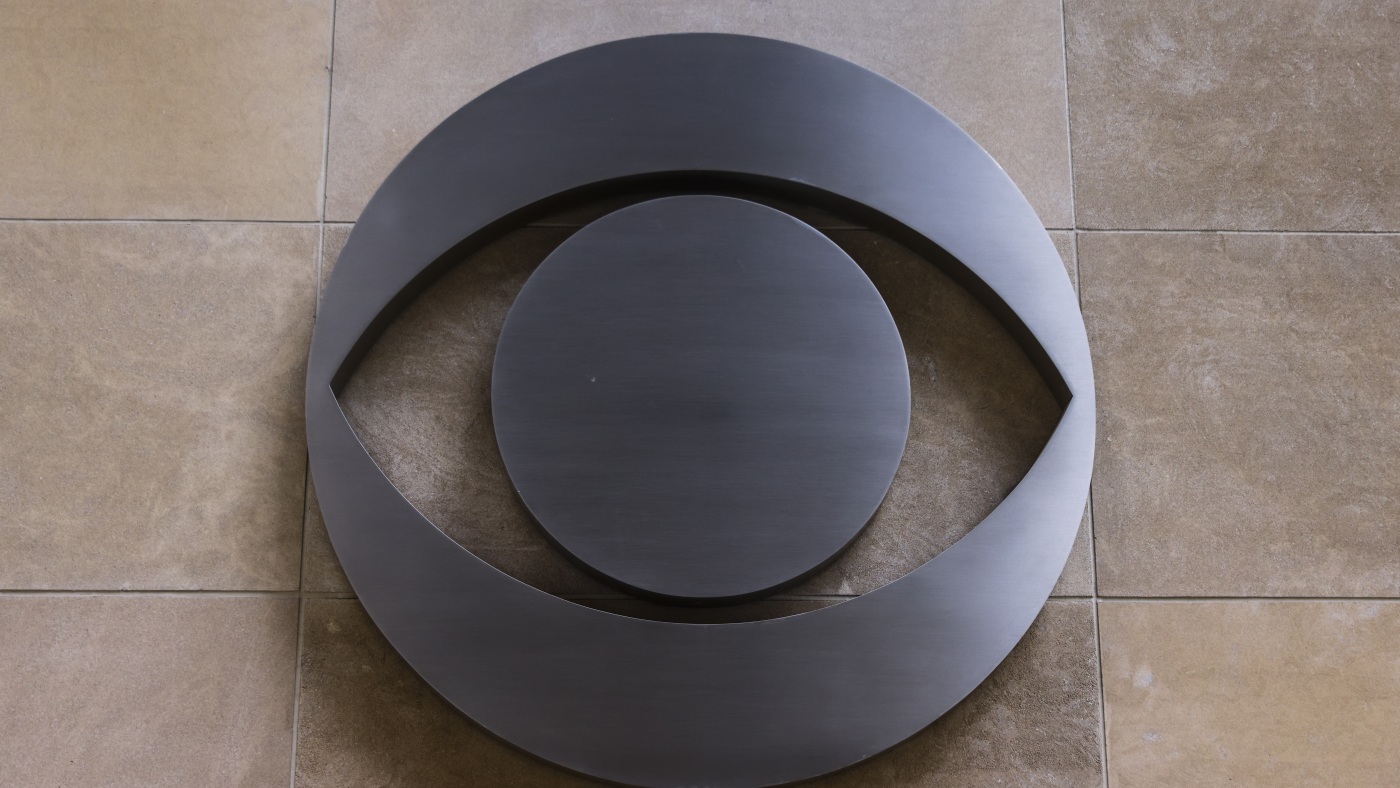The recent settlement between Paramount Global, CBS’s parent company, and Donald Trump has sparked significant discussion around media integrity and corporate influence. Paramount agreed to pay $16 million to resolve a lawsuit related to a controversial 60 Minutes interview with Vice President Kamala Harris, where Trump claimed that CBS edited her responses in a way that affected the election.
This agreement comes as a win for Trump, as his legal team stated that it holds the media accountable for perceived biases. A spokesperson remarked that CBS recognized the strength of Trump’s case and chose to settle to avoid a drawn-out legal battle.
However, legal experts often view Trump’s claims as baseless. Jonathan Turley, a law professor at George Washington University and a frequent Trump supporter, noted that the lawsuit lacked merit and was likely motivated more by corporate interests than journalistic integrity. Andrew Heyward, a former CBS News president, emphasized the importance of 60 Minutes preserving its legacy of strong editorial independence, especially amidst corporate pressures.
This situation isn’t isolated. Other media giants have previously settled with Trump as well. For instance, Disney agreed to pay $15 million over a misunderstanding involving anchor George Stephanopoulos. Social media platform Meta paid $25 million after Trump sued over being banned following the January 6 Capitol riots.
The implications of these settlements raise questions about the state of journalistic freedom. Advocates for free press, like Bob Corn-Revere from the Foundation for Individual Rights and Expression, warned that such decisions might create a dangerous precedent. Jameel Jaffer, executive director at the Knight First Amendment Institute, criticized the settlement as detrimental to essential freedoms in democracy.
Interestingly, public sentiment also plays a part. Social media reactions show a mix of laughter and outrage. Many users view these settlements as a capitulation to political pressure, while others express concern over the long-term effects on press freedom.
In a landscape where powerful figures like Trump can leverage their influence against news organizations, the reaction from media companies could redefine their role. As noted by legal scholars, settling a lawsuit is not just about immediate financial implications; it can also shape the narrative surrounding journalistic accountability and freedom.
The broader context reveals a trend: major media companies are increasingly cautious, having encountered backlash or litigation from politically influential figures. This ongoing tug-of-war highlights the critical balance between holding power accountable and defending press freedoms in an era of heightened scrutiny and polarization.
For more insights on the legal landscape around media and politics, consider reviewing the Knight First Amendment Institute’s resources here.


